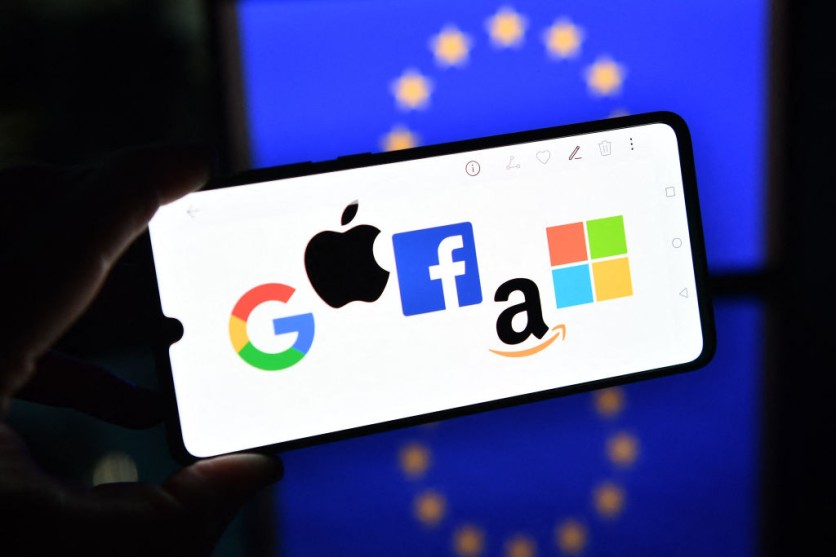Google's dominance in search is under fire from the US Department of Justice (DOJ), and its cozy relationship with Apple is a central piece of the case.
A recent report by The Information sheds light on Google's frantic efforts to lessen its dependence on Apple's Safari browser, potentially pre-empting the outcome of the antitrust lawsuit.
With this, the Safari browser will be blocked from using the new AI features, but they will work just fine for the other apps.
The Apple Deal: A Thorn in Google's Side

A critical aspect of the DOJ's case centers on Google's deal with Apple to be the default search engine on iPhones. This lucrative agreement reportedly sees Google pay Apple upwards of $20 billion annually to maintain this privileged status.
The DOJ argues that this deal stifles competition in the search engine market. While Apple isn't a defendant in the lawsuit, key figures like Apple executive Eddy Cue have been called to testify.
Related Article : Safari to Receive New AI-Powered Features in iOS 18 Including 'Intelligent Search' and More
Diversifying Search Traffic: Google's Urgent Mission
The Information's report reveals Google's multi-year campaign to increase the number of iPhone user searches conducted outside of Safari. Their primary strategy involves encouraging users to switch to the Google or Chrome apps for their search needs.
Modest Progress, Lofty Goals
The search engine giant has achieved some success, pushing the percentage of searches outside Safari into the "low 30s," up from 25% five years ago. However, this progress stalled in the latter half of 2023.
Sources familiar with the initiative reveal that Google's ambitious target is a staggering 50% share of iPhone searches conducted through its own apps by 2030.
The Financial Incentive: Loosening Apple's Grip
The billions Google pays Apple comes through a revenue-sharing agreement. By driving users towards Chrome and Google apps, Google reduces its financial obligation to Apple and weakens the influence of potential regulations.
The Safari Challenge: Pre-Installed Power
Convincing users to ditch Safari for Google's apps has proven difficult. Sources highlight the significant hurdle of Safari being pre-installed on all Apple devices.
Furthermore, the report details Google's recruitment of Robby Stein, a former executive at Instagram and Yahoo, to spearhead the effort away from Safari. Stein's strategies reportedly included leveraging Google's advanced AI technology.
AI Overviews: A Feature Held Hostage (Almost)
One proposal involved limiting Google's innovative AI Overviews feature - which generates AI-powered responses to search queries - to its own apps, effectively excluding Safari users. However, Google ultimately chose against this potentially user-unfriendly tactic.
A Losing Battle? The Looming Antitrust Decision
Despite years of effort, Google's attempts to wean itself off Safari appear to be yielding limited results, according to 9to5Mac.
The true impact of these efforts remains to be seen, particularly with the looming DOJ antitrust decision expected "sometime in the next few months."
This ruling could significantly alter the mobile search industry, with potential consequences for Google's dominance and its relationship with the iPhone maker.

ⓒ 2025 TECHTIMES.com All rights reserved. Do not reproduce without permission.


![Best Gaming Mouse For Gamers With Smaller Hands [2025]](https://d.techtimes.com/en/full/461466/best-gaming-mouse-gamers-smaller-hands-2025.png?w=184&h=103&f=6fd057ef777bd39251d4e7e82e9b23f1)

